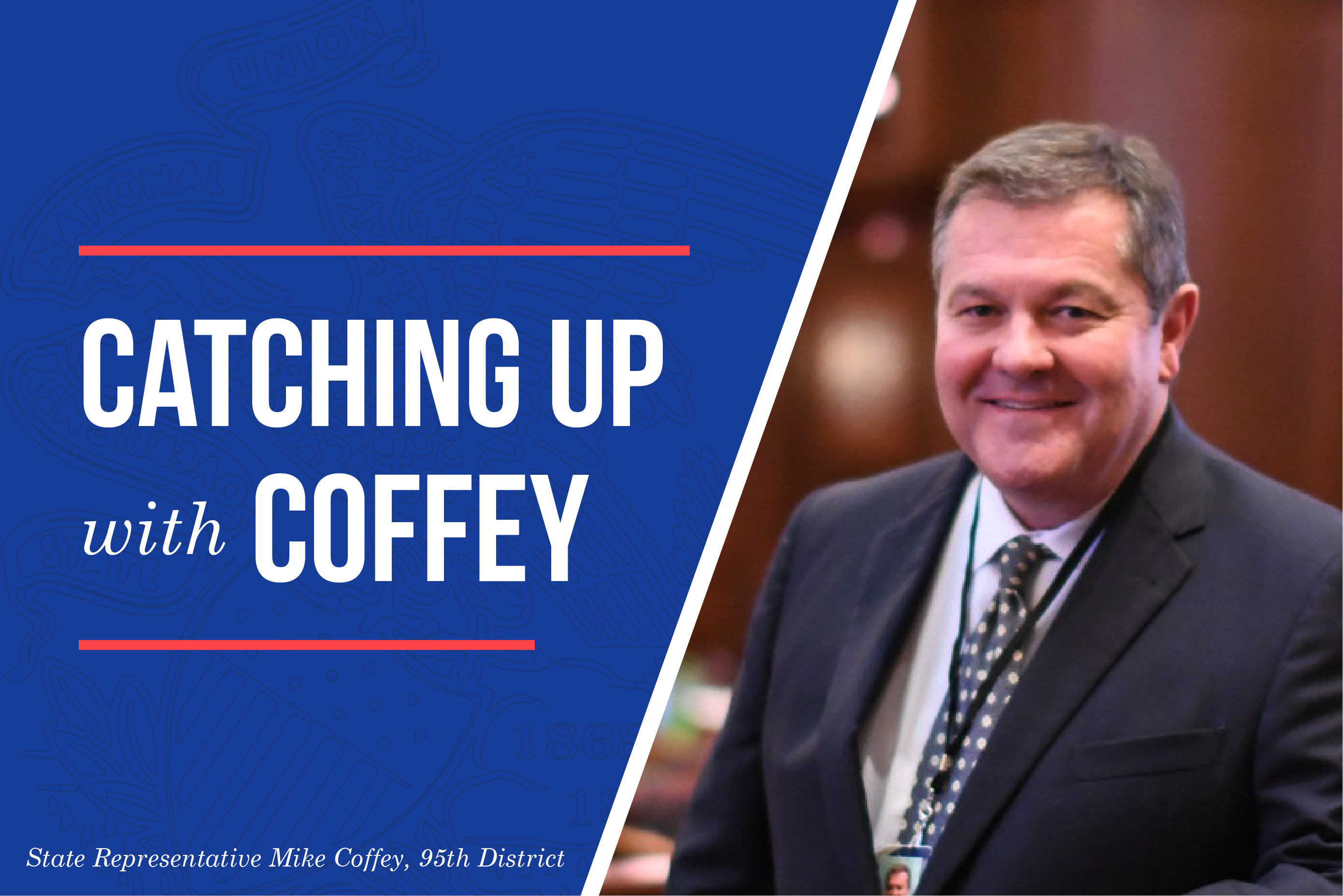How the budget is impacting our state and our communities
Budget
Pritzker signs unbalanced FY24 Illinois State Budget. Earlier this week, Governor JB Pritzker signed the Democrat-crafted budget into law. The more than $50 billion budget is one of the largest spending packages in Illinois history. It includes a 5% pay increase for lawmakers, on top of the 16% hike they received in January. It also includes $550 million to provide free healthcare to undocumented immigrants, which is expected to grow to $1.1 billion by year’s end. Not included is relief for Illinois taxpayers as Democrats siphon off money intended for local governments and reinstate sales taxes on groceries, medicine, and gas to pay for the new programs and legislator pay raises.
House Republicans pointed to an obscure feature of the State’s spending plan that is expected to lead to property tax hikes on Illinois homeowners. The Democrats’ budget reallocates $700 million from State aid to local governments to the State’s General Revenue Fund. Illinois local taxing bodies can be expected to make up for these lost funds by increasing locally-generated taxes and fees to make up the lost income. Property tax rates are by far the largest segment of taxation power that can be used to raise money. According to the Chicago-based Civic Federation, Illinois’ property tax burdens are already the 2nd highest among the 50 states, second only to New Jersey.
General Assembly
Spring session adjourns. On Saturday, May 27, the Illinois House concluded its 2023 spring session business and adjourned. Prior to adjournment, the General Assembly passed 566 bills through both houses. All of these bills have been sent, or will soon be sent, to Gov. Pritzker for the Governor’s signature or veto.
Many of the Spring 2023 bills were worked out through bipartisan discussion and negotiation, leading to the creation of agreed language. However, key measures involving the State’s FY24 budget, State government operations during the approaching fiscal year, medical care for the indigent and undocumented immigrants, and other aspects of state tax policies and legal policies were not debated in public. The majority Democrats often exercised the power of getting a caucus “yes-vote” pledge behind closed doors before revealing language to the public. Republican members often voted “no” against bills jammed through the process in this fashion.
State Revenue at a Glance
May 2023 revenue numbers. As Illinois prepares for FY24, the State begins to wind up tax collections and spending for FY23. The current fiscal year will end on June 30, 2023. Revenue numbers compiled by the Commission on Government Forecasting and Accountability (CGFA) for May 2023, the next-to-last month of FY23, showed a largely flat revenue picture in the year-to-date. With personal income tax payments having taken a big hit in April 2023 from a reconciliation of end-of-year amounts owed, year-to-date personal income tax payments were down $1.1 billion for the first eleven months of FY23.
A net increase of $597 million in sales tax payments to the State, and an increase of $513 million in corporate income taxes, during the same period made up for this deficit but could not pay for significant new expenses imposed on Illinois by Gov. Pritzker and the Democrat-controlled General Assembly. A new expense item covered by a recently-enacted law, the provision of free medical care to undocumented immigrants, will have an estimated cost of $1.1 billion in FY24. This single budget line item is a sum equivalent to the entire increase in corporate income tax payments and sales tax payments to the State for all of FY23. As a result of trends like these, the Illinois State budget has fallen back into deficit and is no longer balanced as required by law.
Read what lawmakers had to say about the budget: https://repcoffey.com/2023/06/09/lawmakers-from-around-the-state-respond-to-budget-signing/
